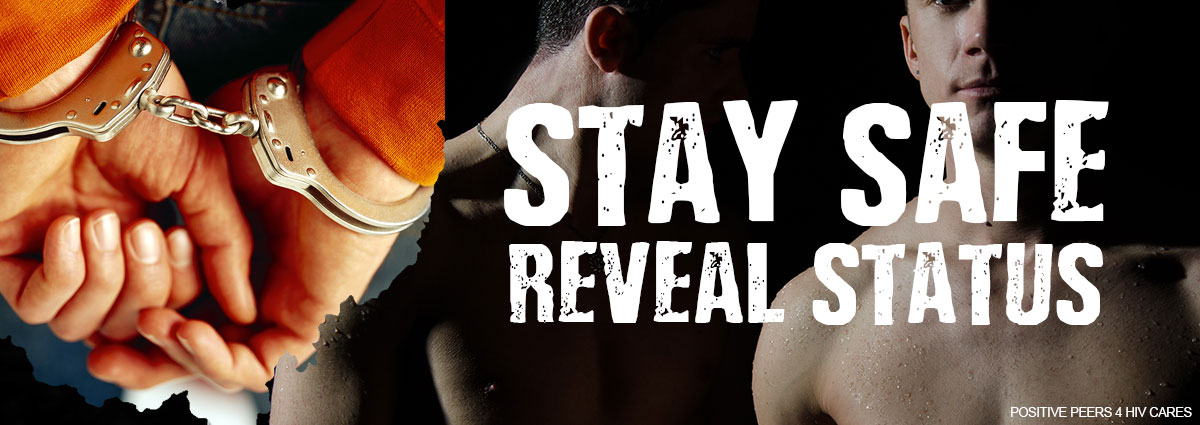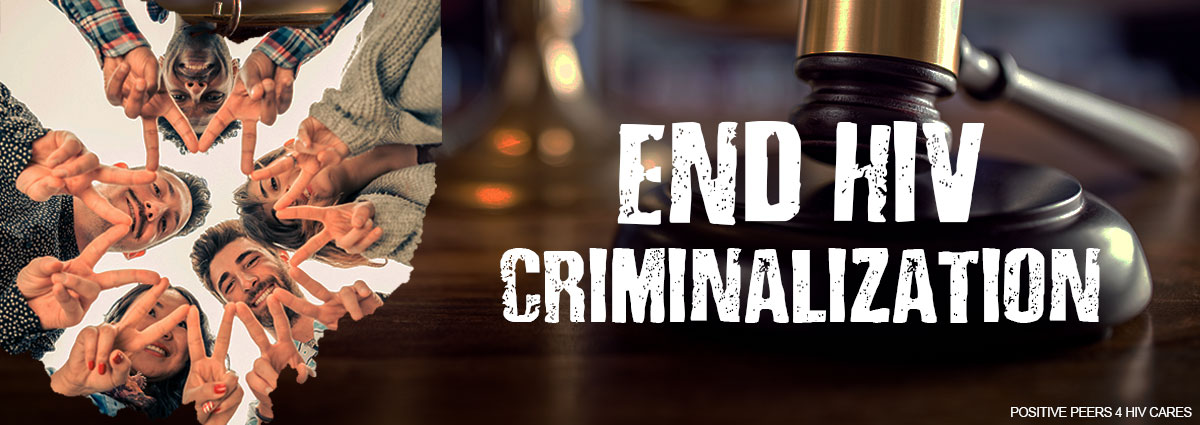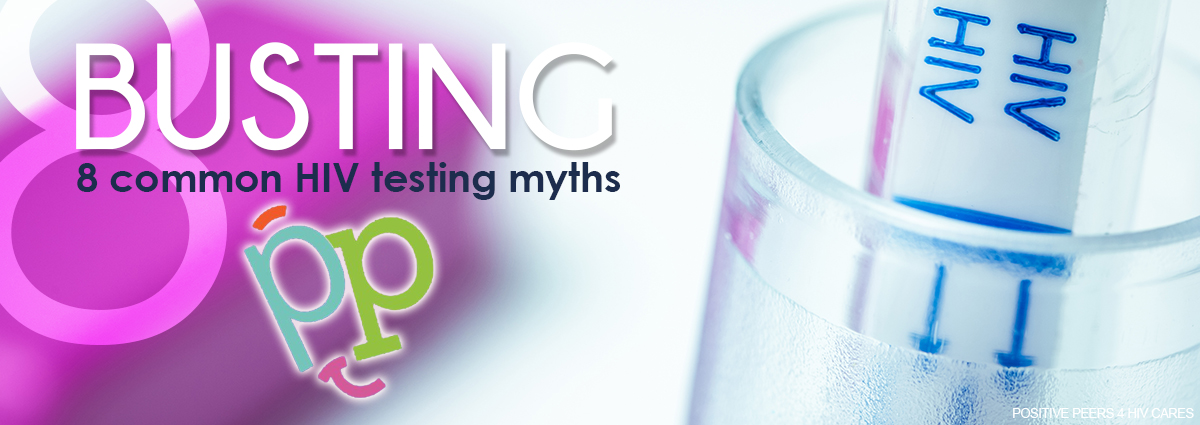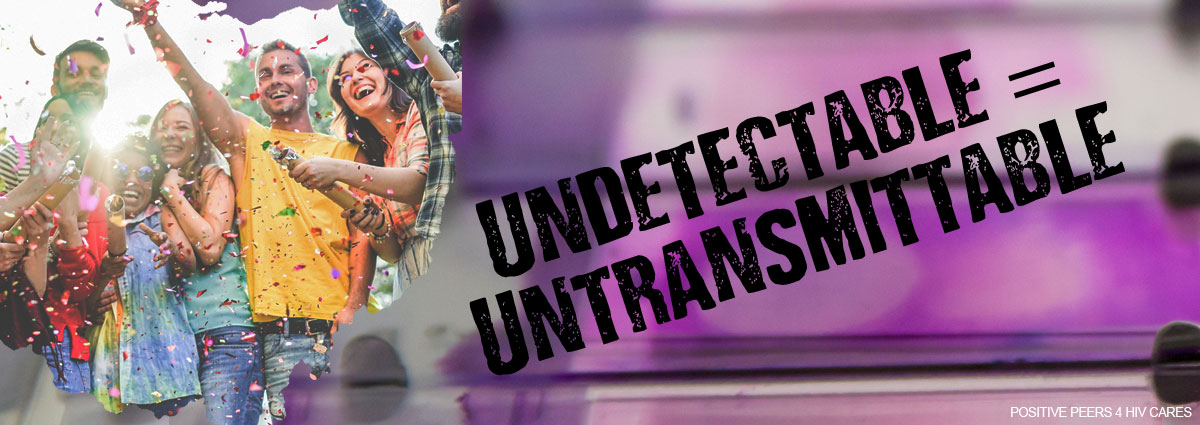
By: Jennifer McMillen Smith, MSSA, LISW-S, Division of Infectious Disease and medically reviewed by Ann Avery, Infectious Disease Physician at Metrohealth Medical Center
If you know you have HIV, you should tell your sex partners before doing the deed.
That's just the right thing to do.
But HIV criminalization takes this to the extreme: More than half of U.S. states have laws that can put you prison for years if you know your HIV status and don’t tell it to a sex partner.
This is bad news for doctors and nurses because HIV criminalization discourages people from getting tested. If you don’t know your HIV status, you can’t be prosecuted under mandatory-disclosure laws.
It’s not hard to put two and two together: “If I don’t know my status, they can’t put me in prison.” And that means people won’t get tested because they’re afraid of going to jail.
But is this attitude helping anyone? Quick answer, heck no.
We all know that getting tested is more than just the right thing to do — it’s the foundation of humanity’s plan to end HIV.
That’s just one reason why HIV criminalization is a bad idea and needs to be abolished. Here are some more:
Criminalization keeps HIV stigma alive
Getting infected with HIV is an accident. Nobody wants HIV and nobody wants to be treated badly because they have it.
And they don’t deserve to be either.
Mandatory disclosure laws might have made some sense 30 years ago when there were no treatments for HIV and getting infected was a death sentence. They were still unfair and unjust back then, but the epidemic was so frightening that people turned to extreme measures to fight it.
But that was then and this is now. Simply put, we do not need those measures anymore.
Living under a cloud of criminal prosecution makes people with HIV feel like they’re being singled out. Those feelings become internalized and they start to believe there’s something wrong with them as people — rather than just people living with a chronic illness.
Getting rid of these laws will be a healthy start toward overcoming HIV stigma.
Come join our private, stigma-free, supportive community.
Health management tools with medication & appointment reminders.
Social networking in a community conversation & private chats.
HIV criminalization has nothing to do with criminal intent
The TV shows about cops and courts always talk about the presence of intent. If there’s no intent, usually there’s no crime.
With mandatory disclosure laws, though, HIV positive people can be prosecuted even if they have no criminal intent of any kind. All they need to do is have sex with somebody and not disclose their status.
One of the motivations of mandatory-disclosure laws was to prevent people with criminal intent from using their infection to injure or kill other people. But here’s the thing: we are have laws against assault, attempted murder, and other violence that can be used to prosecute people with criminal intent. Having HIV doesn’t make someone a criminal and neither does wanting to have sex…end of story.
HIV criminalization has nothing to do with transmission risk
If you’re HIV positive, you can be prosecuted for spitting or biting in many states. Mind you, it’s pretty much impossible to infect somebody with HIV this way, but it’s still grounds for criminal prosecution.
One guy got convicted and imprisoned — and labeled a sex offender — for neglecting to reveal his HIV status. Get this: He was undetectable AND used a condom. Transmission risks under this scenario are non-existent.
But the laws don’t care in some states. You can have no criminal intent and engage in behavior that has no risk of HIV transmission and still get treated like a dangerous criminal if you violate these laws.
Ridiculous? We think so too. In part 3 of this series, we’ll give you some suggestions on how you can join the fight to end HIV criminalization.
HIV criminalization is discrimination
Most new cases of HIV happen when one person who doesn’t know they are infected passes the virus to somebody who is uninfected. It’s extremely rare for people who know they are HIV positive to infect somebody else.
Because HIV criminalization discourages people from getting tested, encourages HIV stigma, doesn’t require criminal intent, and has nothing to do with transmission risk, we have to ask: Why is it still around?
Most answers to this question are discriminatory or full of crap. But one thing to be aware of is that laws can take time and effort to change. This is especially true when so many things in this world could use some changing.
But that doesn’t mean we stop fighting for what’s right. Without people speaking up, standing up, and acting in demand for a change the issue may never get the priority it deserves.
Long story short, HIV criminalization is discrimination and has to go.
Next up on Positive Peers: How you can join the fight to end HIV criminalization.
Related Blogs:



